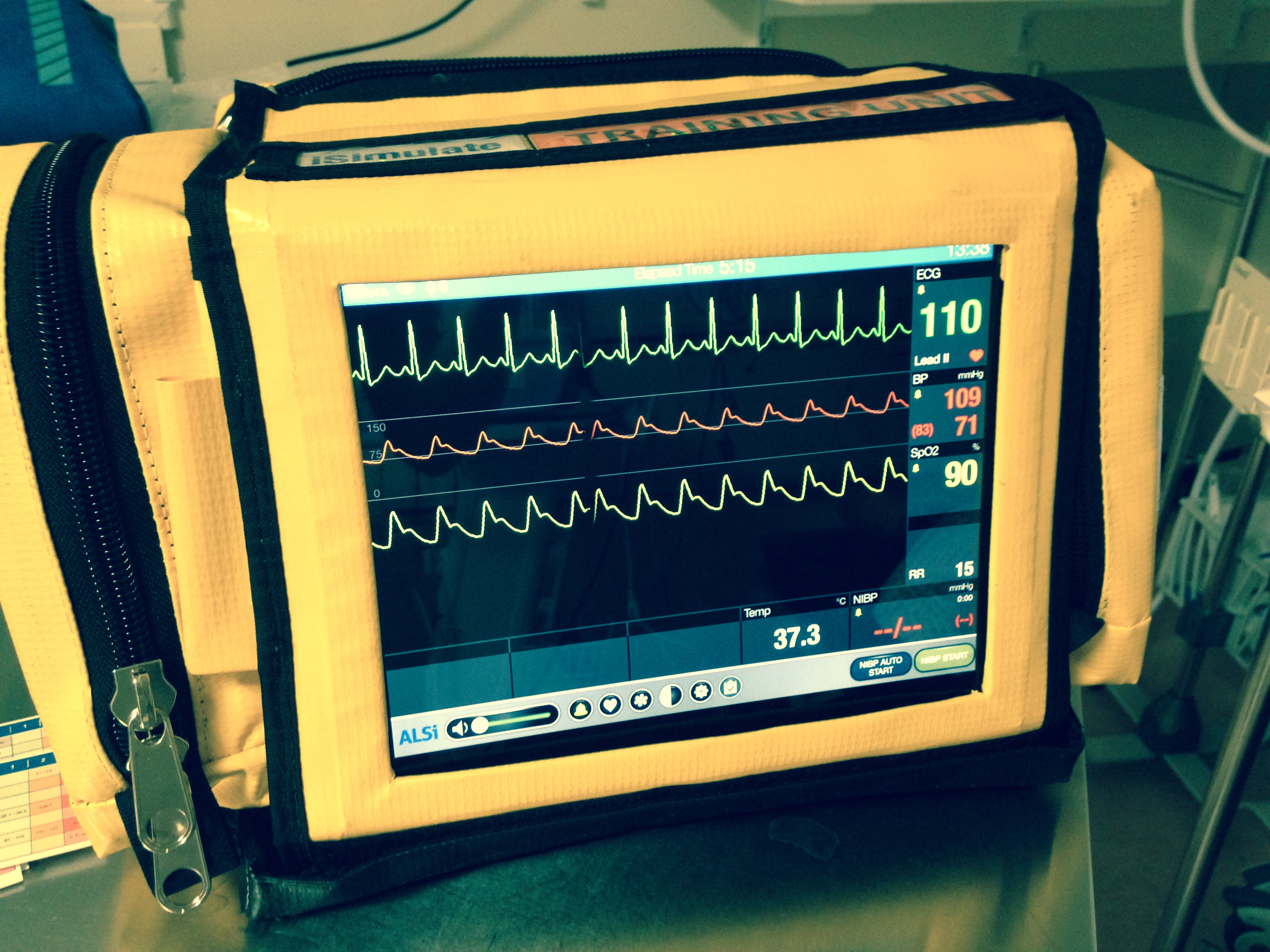Following a successful bid for HEE funding in 2015-2016, a physiotherapist simulation fellow was appointed.
With support from Health Education England and RUH simulation experts, the physiotherapist has gained valuable knowledge and skills.
Even though the fellowship has finished, the Head of Therapies at the RUH continues to support the same physiotherapist to deliver one day per week of simulation alongside their Band 7 clinical role.
Allowing for urgent care and advanced training for the simulation therapist, 19 days of simulation in 2016-17 resulted in: the completion of 20 different educational projects including physiotherapy on-call simulation, OT deteriorating patient simulation, SLT tracheostomy simulation, managing conflict in Outpatient clinics, a simulated patient fall in the toilet in the emergency department and engagement in the Trust’s Urgent Treatment of Patient’s in Adversity (UTOPIA) training and National Early Warning Scoring cascade training.
380 education hours were achieved with 290 contacts with therapy staff. With simulation and training provided to meet RUH Trust priorities, needs of the Head of Therapies and requests from Therapy Team Leaders, OT, PT, SLT and administrative staff have all reported benefits;
‘It has given me the practical skills for communication and swallowing assessments’
‘Gives us the tools and evidence to start on a new chapter of SLT collaborative practice’
‘It really compliments my learning style and helps me embed theory into practice’
'Staff have the solutions'
‘By completing this session I was able to utilise the above knowledge when working a recent physiotherapy on session. I was able to use VHI as a treatment technique with a patient on SIMV. My updated knowledge and subsequent reading on the updated guidelines has also made me question and clinically reason greater my practice, which will be an improvement in my care for my patient’s’
‘It felt really safe to explore scenario and now feel much more confident dealing with a deteriorating patient’
The plan for the year ahead is ensure this simulation strategy is sustainable and continue to respond to the request from staff for this form of continuous professional development.

